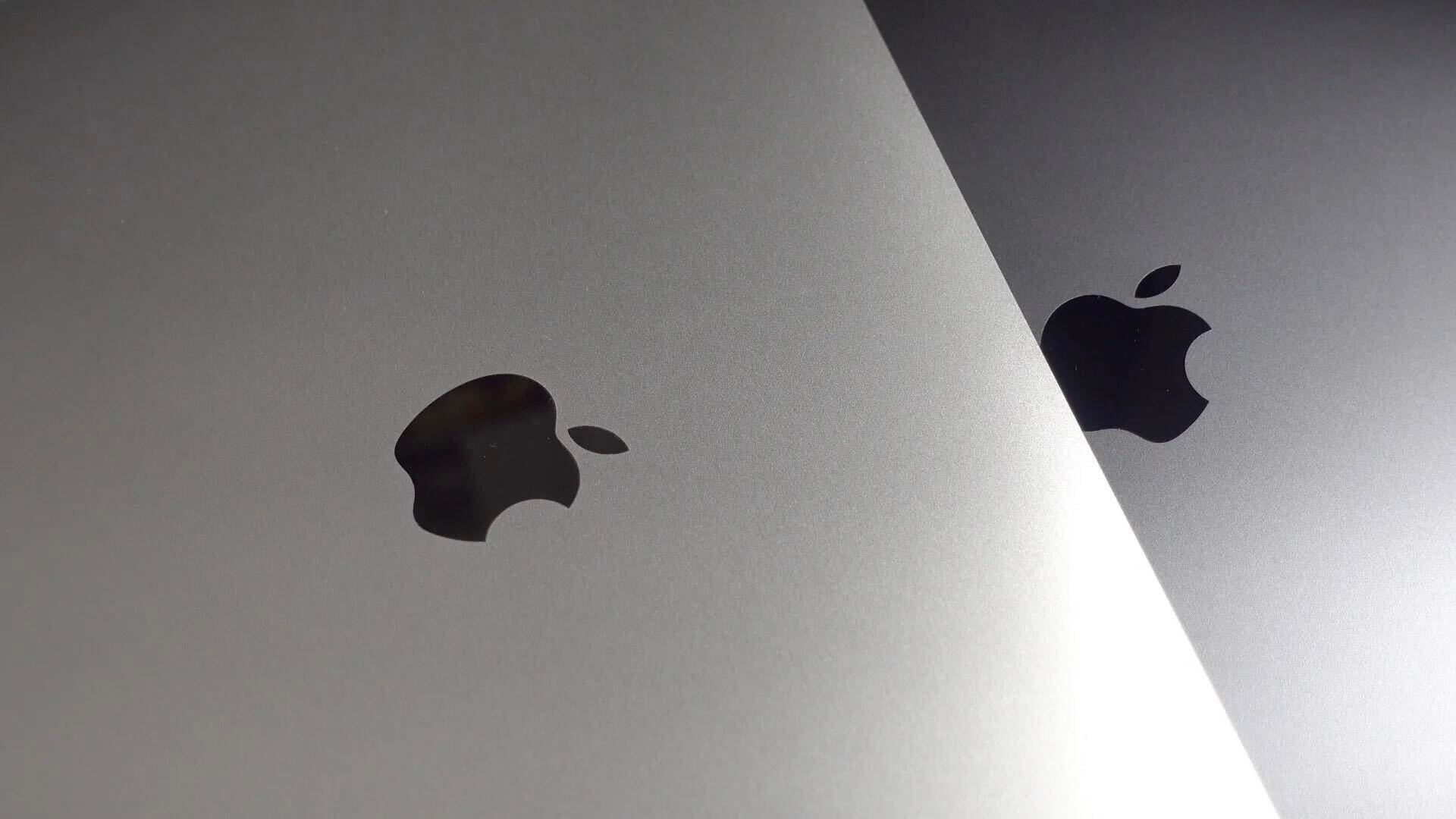
A new report today from CNBC takes a thorough look at the app review process at Apple, it’s growing workload and team, the executive review board led by Phil Schiller that calls the big shots, the most common reasons for apps being rejected, and much more. Read on for an in-depth look at the app review process at Apple.
Last month we got a behind the scenes look at the app review process from the man who was the App Store approval chief up until 2016 in an interview with Bloomberg. Today, CNBC’s Kif Leswing published a report taking a deep dive into Apple’s current app review process that’s overseen by VP Ron Okamoto and another director who was unamed, with both reporting to Phil Schiller.
Even with the growing amount of apps submitted by developers, Apple still has its staff review each one manually with an “executive review board” meeting weekly with SVP Phil Schiller to discuss notable apps, make final decisions, and create policy.
An executive board led by Apple marketing SVP Phil Schiller meets every week to discuss controversial apps or other iPhone software programs that may infringe Apple’s App Store guidelines.
The “executive review board,” or ERB, sets policy for Apple’s Worldwide Developer Relations department, which is often called App Review. ERB is also the body that makes the final call whether an app can stay on the store, or if it’s banned.
While the majority of Apple’s app review staff are based in Sunnyvale, CA CNBC’s source says that the company recently opened app review offices in Shanghai, China and Cork, Ireland and that the department has “added significant headcount in recent years.” There are reportedly 300 employees working in the app review department and none of them are contracted staff.
Further, the report says that in the beginning, new app reviewers start out with iPhone apps, then move on to more complicated platforms like Apple Watch and Apple TV as well as apps with subscriptions and more.
Apple’s app reviewers work for Apple. They’re paid hourly, have employee badges and get Apple benefits like health care. Everyone starts out reviewing iPhone apps, and as reviewers become more senior, they are trained to evaluate apps with in-app purchases, subscriptions, Apple Watch and Apple TV.
There are said to be specific app review teams that specialize in certain languages and that the overall 300 person app review team speaks a total of 81 languages.
Staff are expected to review 50 to 100 apps a day and are monitored by a program called “Watchtower.”
Reviewers have daily app quotas between 50 and 100 apps, and the number of apps any individual reviewer gets through in an hour is tracked by software called Watchtower, according to screenshots seen by CNBC. Reviewers are also judged on whether their decisions are later overturned and other quality-oriented stats.
One of the main concerns from app review staff is apparently when developers become angry, and the reviewers feel they can’t be more helpful based on Apple’s expectations of communication with the developers.
The bigger concern is that developers can get angry that their livelihood can be threatened by a prolonged review process, and some reviewers wish they could share more details or help more beyond the boilerplate responses they are required to send.
As Apple has shared before, the report notes that the company rejects 40% of apps that are submitted, but many of those are approved after implementing minor changes.
The most common reasons for apps being rejected are bugs, privacy violations, and scaminess.
The vast majority of iPhone apps are rejected for common reasons — they’re scammy, or they have bugs or they violate user privacy. A lot of rejected apps are related to a Chinese gambling scam called “PK10,” or other obviously fraudulent submissions, according to people familiar with the process.
The executive review board (ERB) is said to handle the high-profile apps that could have a serious impact on the company publicity wise, or more informally “oh s—” apps.
The apps handled by the ERB are sometimes apps that could be dangerous for Apple in terms of publicity, or “oh s—” apps, according to a person familiar with the process.
One notable app that was handled at the ERB last year was the Infowars app, according to people familiar with the situation. The conspiracy theory-broadcasting app was banned last year because it published videos that included threats at reporters. The App Review team had a staff meeting after that decision was made last year, a reviewer said.
CNBC’s source corroborates what Bloomberg’s interview detailed last month that Apple doesn’t give special treatment to large companies.
The full report is an interesting read, check it out here.
FTC: We use income earning auto affiliate links. More.





Comments